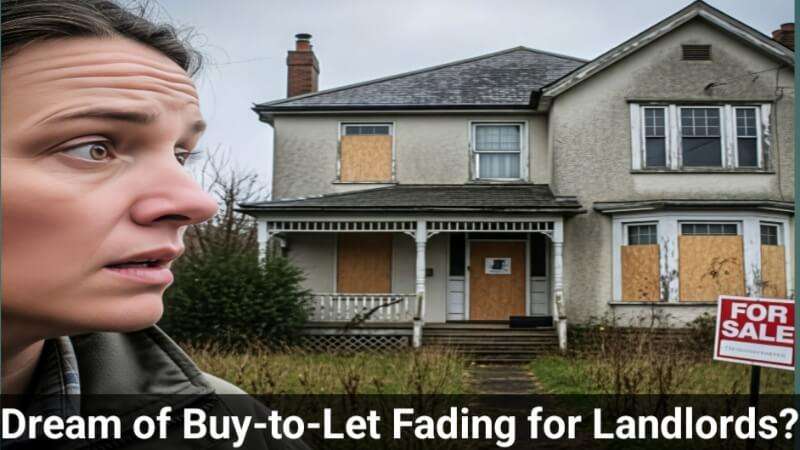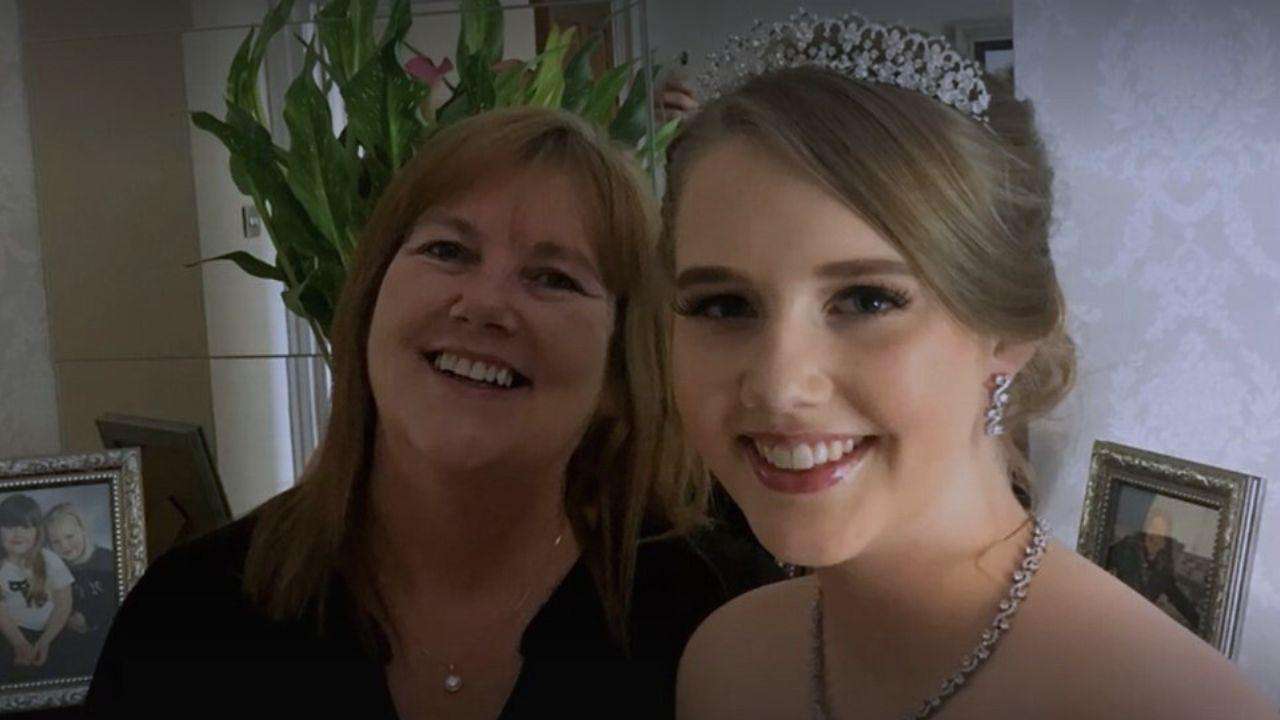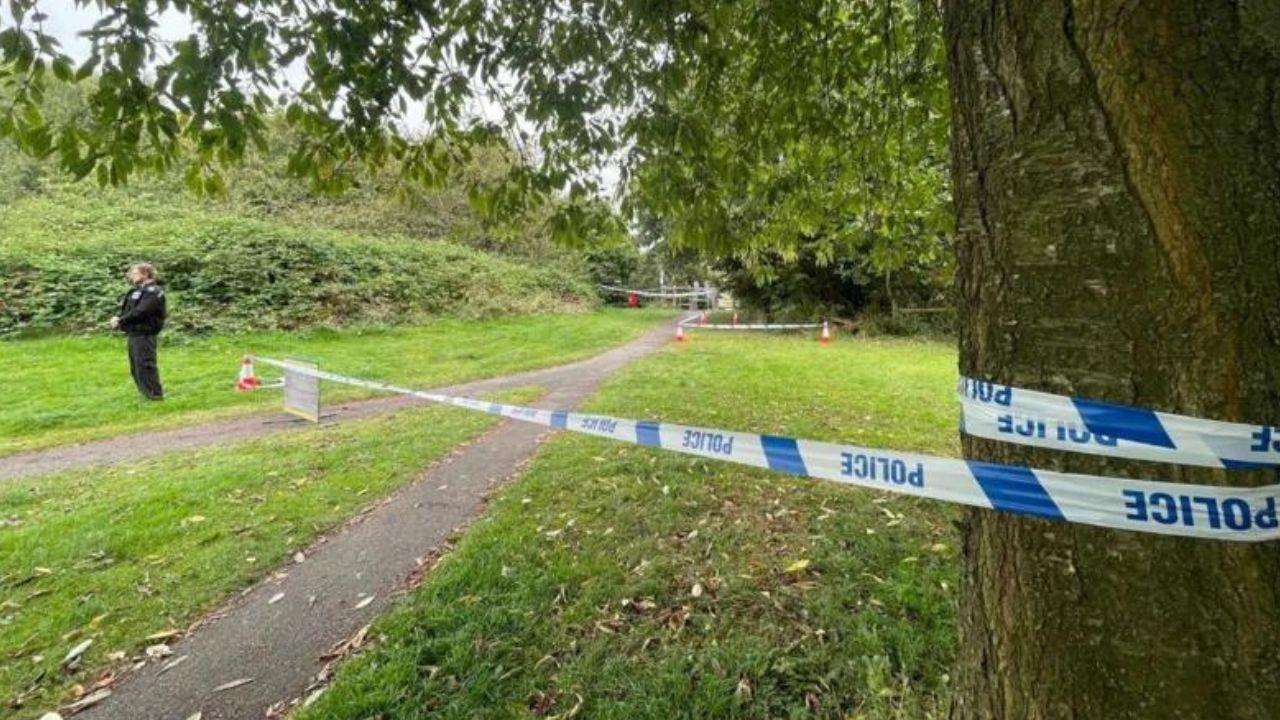My mother, a middle-aged woman with four children and a devoted husband, may not come to mind when you think of suicide.
Yet, at the age of 18, my world changed forever when she took her own life at just 53.
She never got to see my student life but, almost four years after her death, I’m about to graduate from the University of Stirling.
Through my studies I’ve had the opportunity to make a documentary that explores my mum’s suicide for BBC Scotland’s Disclosure programme.
Warning: This article contains details that readers may find distressing
Since the moment I lost my mum, I’ve tried to understand what happened and why.
My family are from Cumbria – but the issues are the same across the UK.
While women are less likely than men to take their own lives, it shocked me to learn that the female group with the highest suicide rate is those in their early 50s.
Women exactly like my mum.
They are also more likely than men to be diagnosed with anxiety and depression and to self-harm and attempt to take their own life.
In the years before her death my mum had self-harmed and made a number of attempts on her life.
Following a cancer diagnosis in 2017 and a hysterectomy that triggered the menopause, her mental health began to deteriorate rapidly.
For months I watched her suffer, unsure how to help. I was aware she was suicidal and I knew the attempts were becoming more frequent and more severe.
Mental health teams and the police were contacted often but she was ashamed to talk about it and reluctant to engage.
A review into my mum’s death found she wasn’t moved effectively between two services – the crisis service and the community service.
It found that the mental health services available were not provided to her.
The NHS Trust involved said the coroner "did not raise any issues" with my mum’s care.
It said patient care and safety was at the heart of everything it did, and that where lessons can be learned, it implements changes.
For the past four years I felt my family carried the burden of my mum’s suicide alone.
I was ashamed I hadn’t done enough and afraid to make others uncomfortable.
Mental health is a complex issue and often there can be multiple factors which can make this period of time difficult for women, including the menopause, relationship issues, children leaving home and caring responsibilities.
Why is it that women are most likely to take their own lives in their early 50s? Evie Kelsall goes on an emotional journey to understand her own mum’s suicide at the age of 53.
For the Disclosure programme, we found that at least 39,000 women are on waiting lists for assessment or mental health treatment in Scotland.
At least 123,000 women were referred to services last year.
In NHS Greater Glasgow and Clyde, Scotland’s biggest health board, referrals are up 40% from 2020 until last year.
In other areas, such as NHS Grampian, the figure is more than 50% over the same period.
In NHS Lothian the figure is up almost 20%. Figures are based on FOI responses from 12 of 14 health boards.
As part of the documentary I met Maxine Kelly from Irvine, a woman a few years older than me with an almost identical story.
We connected over our shared grief and what similar people our mums were.
“My mum was funny, she loved dancing, she loved her music,” Maxine said.
“There wasn’t a moment in our house when music wasn’t playing.
“She was like sunshine in a bottle, and I wish more people got to know her.”
Meeting Maxine taught me that, like my own, her grief was complicated.
It was okay that some days I was angry and it didn’t mean I loved her any less.
Maxine had the same frustrations with her mum’s care, as I did.
Her mum, Natalie, had been in contact with a mental health team and was diagnosed with recurrent anxiety/depression and cyclothymia, a mental and behavioural disorder.
At points when self-harming or attempting suicide, the mental health team considered her to be experiencing “low grade stress-related symptoms”.
She was making weekly suicide attempts but was refused more treatment on the grounds her illness wasn’t "insight impairing".








.svg)




_1.jpg)